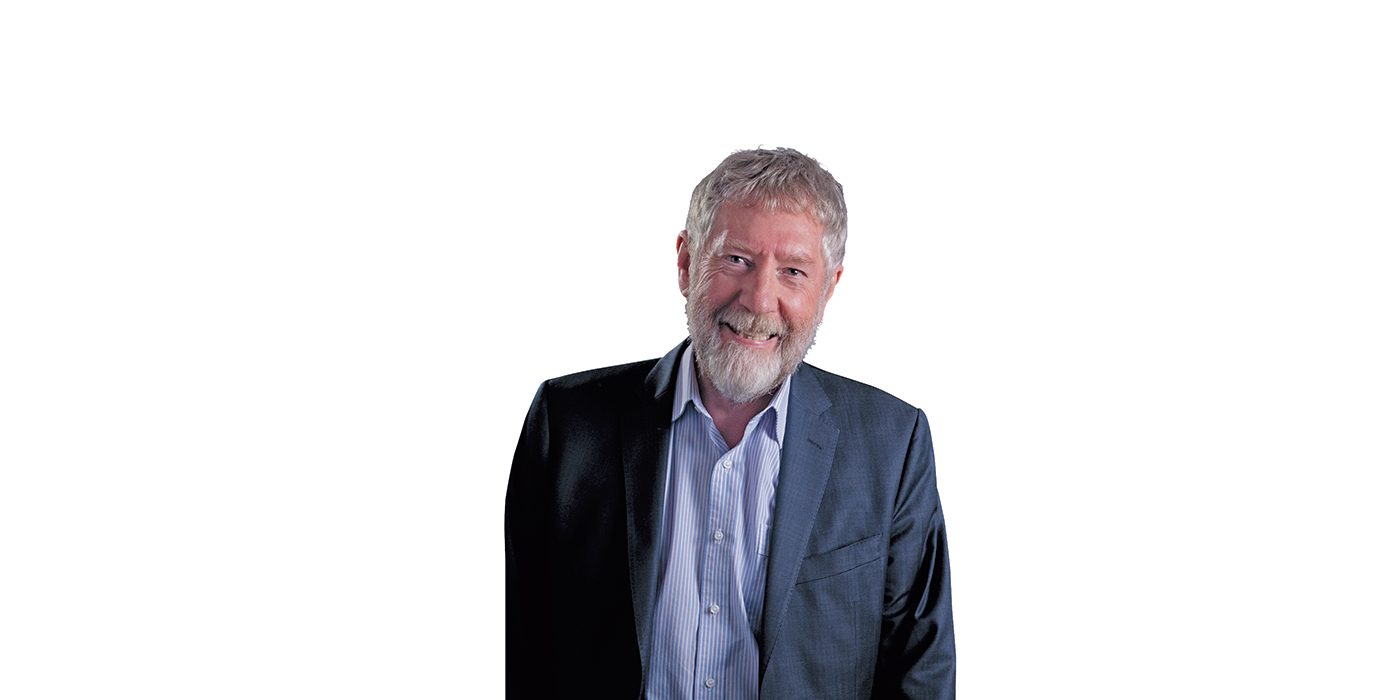
Meet Dr Michael Moore AM, Distinguished Fellow
Dr Michael Moore is Adjunct Professor at the University of Canberra , Visiting Professor at the University of Technology Sydney, is the former CEO of the Public Health Association of Australia and the Immediate-Past President of the World Federation of Public Health Associations.
You started out as teacher, what prompted your move to politics, and then onto public health?
I fell into politics really, trying to attempt to keep the major parties under control with regard to planning issues, like many of us do. Not realising even at the time that planning issues were really also public health issues. And when I got elected, I thought what am I going to do? I'm only here for one term. Who is it that the major parties are not looking after? And I decided to focus on the most vulnerable in society.
What achievements are you most proud of during your career in politics in the ACT with the Public Health Association of Australia, and the World Federation Public Health Associations?
During my early days in the ACT Legislative Assembly we achieved the decriminalisation of cannabis and the legalisation of prostitution. On the prostitution issue, the thing that was different about our approach was that we decided that we were going to empower the sex workers – and this was unusual thinking in the early nineties. Others working on the issue were trying to put controls in place. At the same time I was suggesting that we needed to provide heroin to dependent users and worked with the National Centre for Epidemiology and Population Health to get that proposal up in a sound academic way as a medical and scientific research project. It was very important in terms of changing discourse.
The other thing that I'm particularly proud of nationally is turning the Public Health Association of Australia (PHAA) around to an organisation that really has impact. I had previously left the Public Health Association because I thought it had lost its ability to work across governments, and therefore was not having much influence at all. Of course, it was a huge advantage to understanding how politics works. As President of the World Federation of Public Health Associations (WFPHA) and of the PHAA, I was able to facilitate the building of support groups for young professionals. I've also been a catalyst for the implementation and establishment of the Indigenous Working Group of the WFPHA.
What do you think can be done to improve the Australian healthcare system?
Globally, we're doing quite well and the best indicator, or the easiest indicator of it, is longevity. We're amongst the highest in the world. But when you look at the socioeconomics and the distribution of wealth as a determinant of health it is clear that the distribution is anything but even. The most obvious weakness is in the health outcomes of Aboriginal and Torres Straight Islander people, who have around a 10-year gap in life expectancy. However, Australia’s lack of expenditure on prevention, health promotion and protection has been reduced while there is a focus on hospital and treatment. The most important element, or the first thing we should be doing here is taking prevention, protection and health promotion away from the tight control within the political system. This could be achieved with an Australian Centre for Disease Control, which would help set out what are the highest priorities for prevention.
As a Distinguished Fellow, you will be focusing on the food policy aspect of Promoting Healthy Environments. What do you see as the most important measure that can be implemented to help tackle the obesity crisis?
Sometimes it is really obvious what people should be doing and they're not doing it. I'll use a specific example, the sugar tax. It's really obvious that we should be implementing this policy like many other countries in the world. We know what the evidence is - it's really clear. But on the other hand, we also know that we've got a government that's has just lost its one-seat majority. So you have to understand that getting a sugar tax might take some more time as some sugar seats are marginal seats. But, you never let anything go. Rob Moody, professor of Public Health at Melbourne University, says there are three P's in advocacy - persistence, persistence, and persistence. I think that's the issue. I don't think it's a question of whether or not we have a sugar tax - it's just a question of when.
What do you think you can bring to The George Institute that will benefit people not only here but globally?
My PhD was on advocacy; that's something that I can add to the area of knowledge. It's not just the experience that I've had inside government and outside government, but also because I'm interested in understanding how advocacy works. I've made considerable effort to keep up with the reading to understand what other people are doing and how to carry out advocacy most effectively locally, nationally, and internationally. We need organisations like The George Institute, and the people that work within it, to take leadership and persist until we are able to make things happen.

